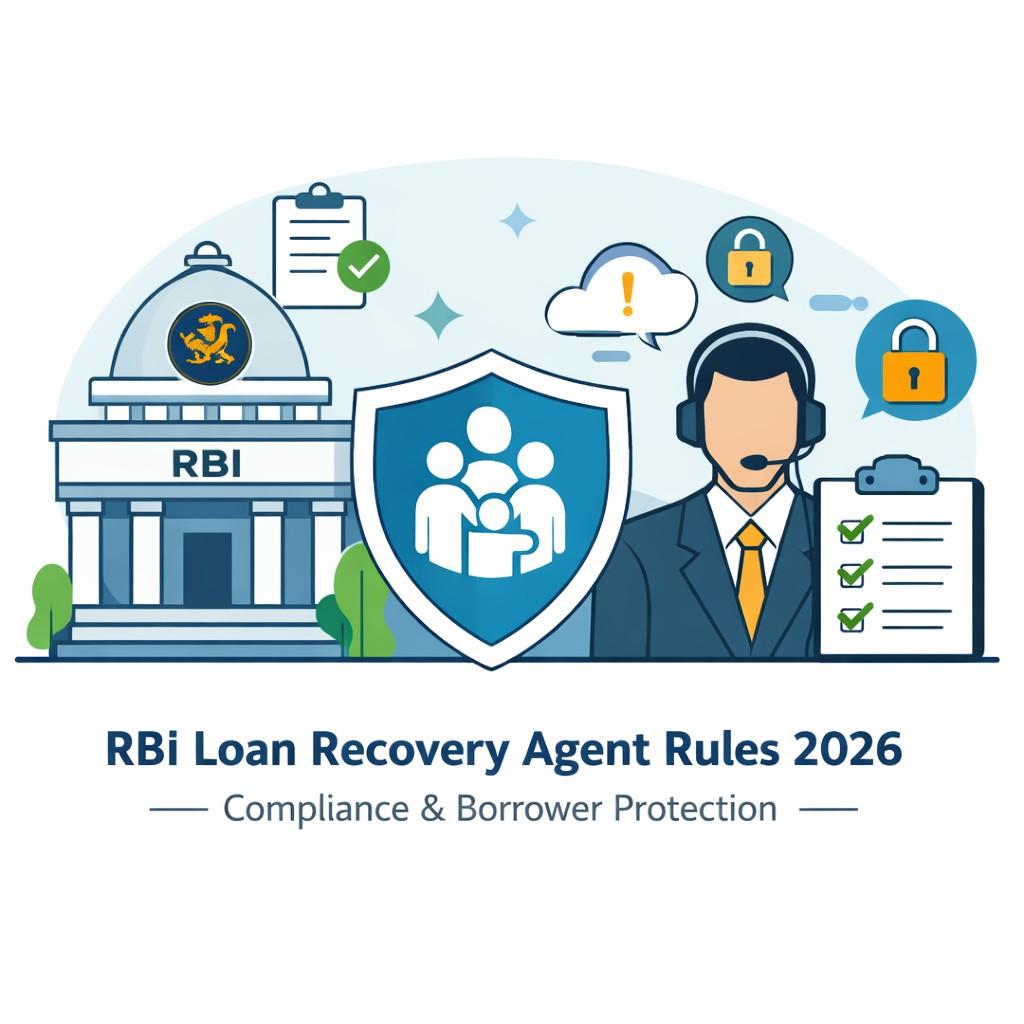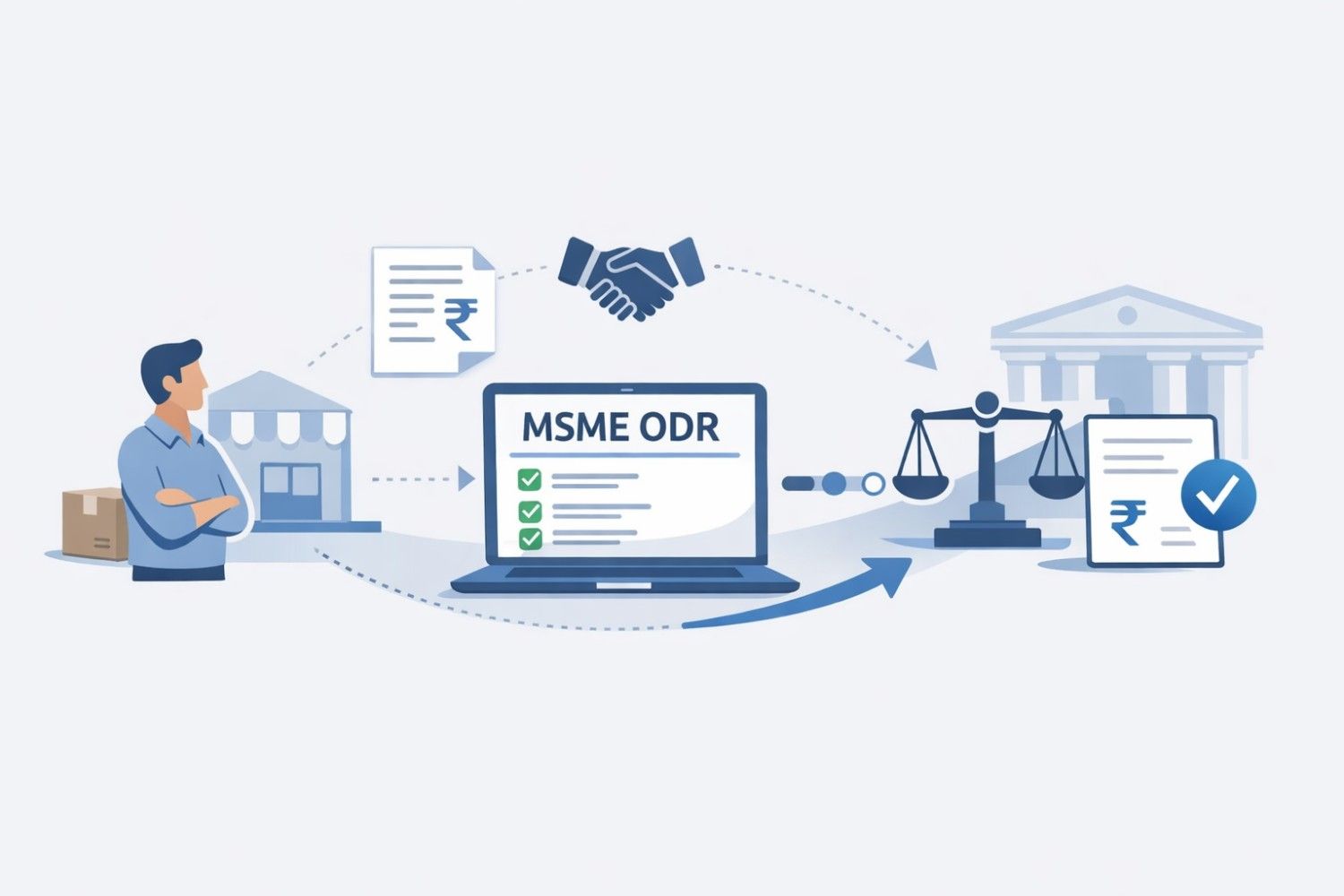Protecting Your Creations in the Digital Age: A Playbook for India
By the SolvLegal Team
Published on: Sept. 15, 2025, 1:08 p.m.

Think about this. You post your work online. It could be a research paper, a new software tool, a short film, or even a simple design. Within hours, it is copied shared on Telegram uploaded to cloud drives, circulated in WhatsApp groups. And sometimes, it even shows up on “fan” pages that claim to admire your work while actually stealing it.
This is the reality of piracy today. It’s not just torrents anymore. Piracy now lives on the platforms we all use daily. And if your work is online, it is vulnerable. The question is what can you do about it?
India has a strong legal framework against piracy. But laws only work if you know how to use them. This post is a playbook. It will show you how to take swift platform action, when to move to court, and how to use both civil and criminal remedies. It will also show you how to stay proactive and protect your work before piracy even happens.
Let’s dive in.
Knowing Your Rights
The first step is simple: know your rights. Under the Copyright Act, 1957, every creator gets exclusive rights over their work. You control how your work is reproduced, distributed, adapted, or performed in public. No one can legally use it without permission.
So if you find your work copied, you don’t need to stay silent. You can act. And you have three broad options:
- Civil remedies – go to court and stop the infringer. Ask for an injunction. Demand damages. Claim the profits they made from your work. Courts can even order seizure or destruction of pirated copies.
- Criminal remedies – treat piracy as a crime. File a complaint. Seek imprisonment and fines for the infringer. This works well against organized piracy networks.
- Administrative tools – send take-down notices, ask for ISP blocking, or request customs authorities to block infringing imports.
Here’s one more thing, copyright registration in India is optional, but it’s smart. A registered work is strong proof of ownership. It makes your life easier in court. If you are serious about protecting your work, take this step.
Acting Fast on Platforms
The vast majority of piracy takes place on platforms whether that's social media, video sharing sites, chat apps, or cloud drives. They are the best place to begin.
The Indian Copyright regime tends to favour the creator. For example, Section 79 of the IT Act, 2000 states that platforms (or Intermediaries) are not liable for Indiana content in almost all situations, provided they tear down the unlawful content upon notice. This means you can send a take-down notice. After a legitimate and formal notice, if the platform chooses to ignore you, then they lose their "safe harbour" protection.
In writing the notice, be descriptive but clear. Be sure to include proof of ownership. Be explicit about the URL or file. Mention the Copyright Act or the IT Act. Ask for immediate removal. Keep a copy for yourself and any others that may want to know about it. For platforms like YouTube or GitHub, you can use the DMCA takedown system, which is recognized internationally and generally works well.
Technology can also assist you. You can use DRM tools, watermark your files, or use "Content ID" features where available. Some creators even employ automated bots to monitor piracy on Telegram or file-sharing platforms. Think of this step as creating your first line of defense.
Escalating with Court Orders
Sometimes, platform action is not enough. Maybe the platform is slow. Maybe the infringer keeps coming back. Or maybe piracy is spreading across dozens of sites. This is when you move to court.
Courts in India offer several powerful tools. The most common is an injunction. You can get an interim injunction to stop the piracy quickly, or a permanent injunction after trial. In urgent cases, you can even get an ex-parte injunction, which means the court orders the infringer to stop without waiting for their side of the story.
Next there are Anton Piller orders. These permit you to search premises and seize pirated products before the trial. This is a powerful tool as it stops the evidence from being lost.
A very effective order is the John Doe order, also known as the Ashok Kumar order in India. It allows you to proceed against unnamed defendants. If your movie is leaking through anonymous Telegram channels or mirror sites, you do not have to wait to name them, you can block them right away.
The next category of injunctions are dynamic injunctions. In the past injunctions would only block certain URLs, then pirates would just create a new one, and you would be back in court. With dynamic injunctions, courts allow you to seek to extend the order to new mirror links or domains without having to bring a fresh case each time. The Delhi High Court has even granted [R11] dynamic injunctions that cover future redirecting, links and altered sites proactively so that courts are one step ahead of pirates.
Civil Remedies
Civil remedies are concerned with ceasing the piracy and compensating you for the losses. If you can prove infringement, the court can award you damages. You can also pursue an account of profits, which refers to the infringer's paying you back for the money they made off of your work illegally.
Courts can also order the seizure and destruction of infringing goods, including counterfeit DVDs, pirate software or servers hosting copies without authorizations. Customs officials can be told to stop infringing imports.
Civil suites also have the added benefit of long-term solutions. You can get a permanent injunction, you can sue for damages and you can settle, amongst other things. On the downside, civil legal proceedings take time to develop, so use them with quicker remedies.
Criminal Remedies
Civil suits can recoup your loss, but they don't always deter re-offenders. This is where criminal remedies come into play.
Section 63 of the Copyright Act penalizes wilful infringement with imprisonment for a period of six months to three years, and with fines ranging from fifty thousand to two lakh rupees. A repeat infringer will incur increased penalties under Section 63A.
Sections 65A and 65B where we have more rights - and that protects us both broadly from circumvention of DRM or tampering of rights management information (useful for software companies and digital content), and can also give us additional rights.
As an initial course of action, potential criminal action starts with a complaint. It can be lodged with a cybercrime cell or police station. You will have to keep ownership records, give them URLs, screenshots, and evidence of communications. Once the FIR is recorded, the police are empowered to conduct the necessary raids, seize equipment and arrest the offenders!
Criminal remedies work best when the piracy is organized, or on a large scale. They provide a tangible deterrence, and are an effective way to signal that there are serious consequences. There are numerous examples of how a single police raid located 8 major movie piracy sites because the copyright owners provided critical support!
Why Combine Remedies?
Here’s the secret: no single tool is enough. The best results come from combining them.
Start with a platform notice to remove the content quickly. If that fails, move to court for an injunction. Use John Doe or dynamic orders if needed. If the piracy is large scale or repeated, file a criminal complaint too.
This layered approach has three advantages. It is fast, because platforms and interim injunctions act quickly. It is strong, because civil suits recover losses. And it is intimidating, because criminal law adds the fear of jail.
This is why most big publishers, film studios, and software firms in India now use a combination of civil and criminal tools. But even individual creators can do the same. The law gives every rights holder this power.
Staying Proactive
It is a mistake to just wait for piracy to occur. You want to be proactive. Start with registration of copyright. Document all records with documents, emails and time stamps and logs. These little things usually make a difference in court. Make sure to monitor the internet regularly, using Google Alerts. Reverse image searches. Tracking Telegram channels or piracy forums. Many creators use custom anti-piracy services to accomplish this task. The goal is always early detection--the sooner piracy is detected, the easier it is to stop.
There are a lot of technology solutions to consider. Things like DRM, watermarking and license keys. If you are sharing your work on a lot of platforms, make use of settings like Content ID. The idea here prior to piracy is to make it less convenient, and risky.
Why This Fight Matters
Some people say piracy is no big deal. They argue piracy gives exposure. In reality, that is not true. Piracy has significant economic effects. A 2024 report reported that there are over 90 million Indians who accessed pirated video material, amounting to losses of over USD 1.2 billion.
Piracy can also put consumers at risk. Most pirated apps or files are sites for malware, which can steal data, install spyware, or damage devices. So, piracy hurts the creators, but it harms consumers too. When we talk about piracy, we are really discussing respect for creativity. Piracy fails to recognize the time, money, and hard work behind every single work. Protecting intellectual property is not just about the money it is about respecting the creators and supporting culture.
Conclusion
The digital revolution has unleashed unprecedented creative possibilities and given creators great tools for sharing, collaborating, and inventing globally. However, it has also opened a new host of vulnerabilities. Piracy is not confined to torrent sites anymore or just email links. Piracy now lives on social media feeds, cloud drives, encrypted chats, and even “fan” pages.
Because of this, creators, publishers and development teams must map out protection as a key element of the creation process. Knowing your rights, acting quickly against infringers, accessing legal remedies, and implementing proactive monitoring processes are no longer optional steps in the creation process, but necessary.
As well as financial security, protecting intellectual property is about valuing creativity, respecting people's hard work, and maintaining incentive to innovate. Every ripped movie, stolen book, and bootlegged software project is a reminder that creators deserve better protections. And, with a proper playbook, Indian innovators can fight back and win.
Take the Next Step with SolvLegal
At SolvLegal, we believe that safeguarding your work is just as important as creating it. Our mission is to provide clear, actionable insights and expert support to help you protect your intellectual property in today’s complex digital landscape.
Whether you are a filmmaker, publisher, software developer, or entrepreneur, our team can help you:
● Respond quickly to online infringements.
● Secure and enforce your IP rights in India.
● Explore both civil and criminal remedies effectively.
● Build long-term strategies to protect and grow your creations.
ABOUT THE AUTHOR
This blog is authored by Shridansh Tripathi, a second-year law student at the Department of Legal Studies and Research, Barkatullah University, Bhopal.
REVIEWED BY, Gaurav Saxena a corporate lawyer focusing on company law, commercial agreements, and compliance strategy. He is the Founder of SolvLegal and a dual-degree professional with expertise in Law and Engineering. A graduate of the University of Lucknow, he has a deep understanding of Contract Law, Corporate Law, Intellectual Property Rights, Information Technology Law, and Data Privacy.
DISCLAIMER
The information provided in this article is for general educational purposes and does not constitute legal advice. Readers are encouraged to seek professional counsel before acting on any information herein. SolvLegal and the author disclaims any liability arising from reliance on this content.

.jpg)




